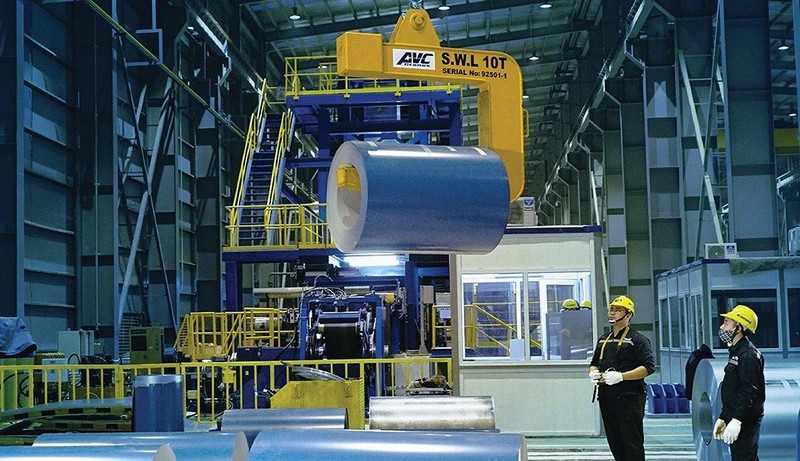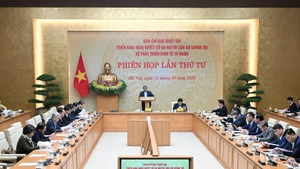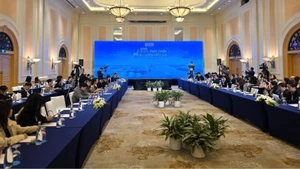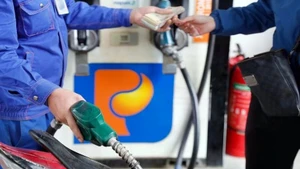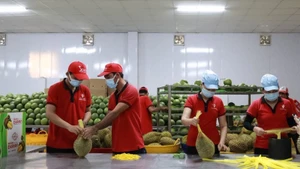In addition to the main reasons, such as Vietnam's increased exports, annual growth scale of 5-6%, and the highest yearly trade surplus of 28 billion USD, Vietnam’s deeper participation in the regional supply chain has also worried many countries.
This has increased the situation of Vietnamese goods being investigated together with related goods from other countries. Some countries have tended to abuse trade defence to protect domestic production.
According to the 2023 Trade Defence Annual Report by the Trade Defence Department, under the Ministry of Industry and Trade, in 2023 alone, 15 new cases initiated by foreign countries against export goods have arisen, in addition to many cases under investigation or subject to annual and final reviews. Among the countries that initiated investigations against Vietnamese goods last year, the US was the leading country with seven cases.
However, many Vietnamese export products have escaped trade defence cases when the appeal work achieved positive results. For example, the US side’s conclusion that stainless steel wire originating from Vietnam did not evade trade defence taxes currently applied to the Republic of Korea (RoK), some steel pipe products did not evade defence taxes currently applied to Taiwan (China), and the large solar panel enterprise of Vietnam did not evade taxes and temporary tax exemption have been used for these products.
In the context of a deeply integrated economy, with participation in many free trade agreements with more than 60 countries and territories, and the continuous increase in export turnover, the measure to reduce trade defence cases for exported products, is to verify the issuance of certificates of origin and consider the issuance of policies that may cause Vietnam to be accused of subsidising or put under suspicion and consideration by some countries.
In addition, the management and supervision of business activities to prevent trade defence evasion need to be strengthened to address the situation of businesses working separately and rushing to export at low prices. Export industries should also enhance the use of domestic raw materials, diversify markets, comply with origin, and carefully discuss with import partners before implementing contracts to avoid trade defence risks.
On the contrary, after quite positive moves from enterprises in proactively protecting domestic goods, through recommendations for competent authorities to conduct anti-dumping investigations on some unusually cheap goods from abroad, the way has been paved for methods to safeguard Vietnamese brands in the international market.
When the Industry and Trade sector increases early warning work, builds investigation procedures and response scenarios, and coordinates with relevant associations and enterprises in exchanging with foreign investigation agencies, to protect and support the Vietnamese export industry to be treated fairly following the regulations of the World Trade Organisation, the legitimate rights of domestic export enterprises will be guaranteed at a higher level.
